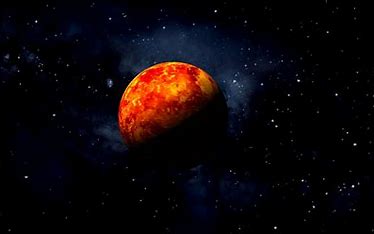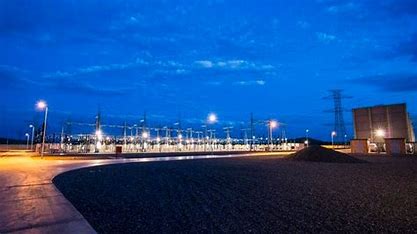
Venus, often called Earth’s twin due to its similar size and rocky composition, has long intrigued scientists. While Earth is an ocean-rich planet with water covering 71% of its surface, Venus presents a starkly different picture. New research published in Nature Astronomy concludes that Venus likely never had oceans, pointing to a dry interior and parched surface.
The study, led by Tereza Constantinou from the University of Cambridge, analyzed the water content in Venus’ atmosphere to infer its interior composition. Findings revealed that:
Constantinou explained,
“The atmospheric chemistry suggests Venus’ volcanic eruptions release very little water, consistent with a long-lasting dry surface.”
Scientists had previously debated Venus’ history regarding water:
Venus and Earth are similar in mass, size, and distance from the Sun, yet their evolutionary paths diverged dramatically:
Mars, in contrast, has evidence of ancient oceans and may still hold water deep underground, according to NASA’s InSight mission findings.
While Venus has been less studied than Mars, upcoming missions aim to deepen our understanding:
Venus serves as a natural laboratory for studying planetary habitability. These findings emphasize its stark contrasts with Earth and underscore the role of water in shaping planetary environments.
Constantinou concluded,
“Venus offers valuable insights into how habitability—or the lack of it—evolves over time.”














